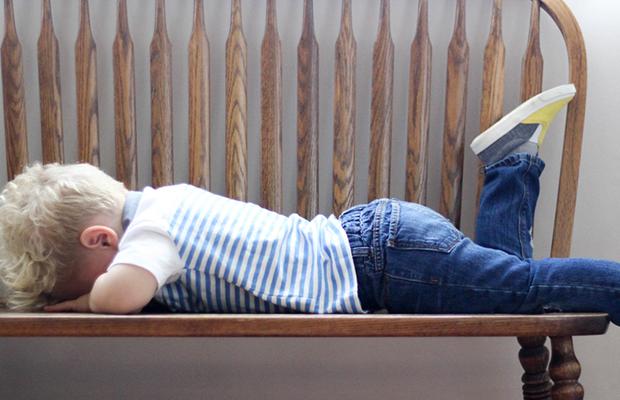Time Out – Discipline or Reward?
Why is it that some discipline tactics are punishment for some, but a reward for others? We are all different. Understanding and appreciating those differences can be a helpful guide in how we choose to parent our child and the efficiency in doing so.
What works for one might not always work for another. As one who thrives on the interactions of being around other people, my greatest childhood punishment was time out. I could hear giggly conversations that I just knew were key to our human survival and I was missing it! World problems were being solved, and again, I was missing it!
Okay, well perhaps I exaggerate, but point made, I hated being isolated. Clearly, this type of discipline worked for me, in particular as a deterrent to bad behavior, but certainly not as rehabilitation as I fumed around my room like a caged animal eager to be set free.
Time out was a popular parenting tool when my children came along and was often recommended across the board. Knowing how it affected me, I of course employed this tactic with my first child. I would listen outside her door fully expecting outrage on the other side, only to hear nothing but silence. I would wait a minute or two then peek in her room only to find her playing peacefully in a corner content as can be.
My reflective and introspective daughter was fully engaged in play, enjoying her time to be on her own. Clearly, time out for her was not a deterrent for bad behavior, but more of a reward for much appreciated alone time.
Once my second daughter came along, time out for her was torment. She would consistently remind us that she was in her room announcing each minute as it passed or before telling time, asking us every few seconds if she was done yet, whereas, I?m embarrassed to admit, our oldest would often be in time out the longest since we would forget she was even there!
Time out, as a discipline tool, clearly works for some but not others. It gave my first daughter time to reenergize and reflect, my second daughter a time to rage and dispense her frustration, and Mom a little break to gather thoughts, find patience, and perhaps even complete an errand or two.
For me, the best part of time outs were the reflective conversations afterwards, all smothered in hugs.



_thumb.png)

















